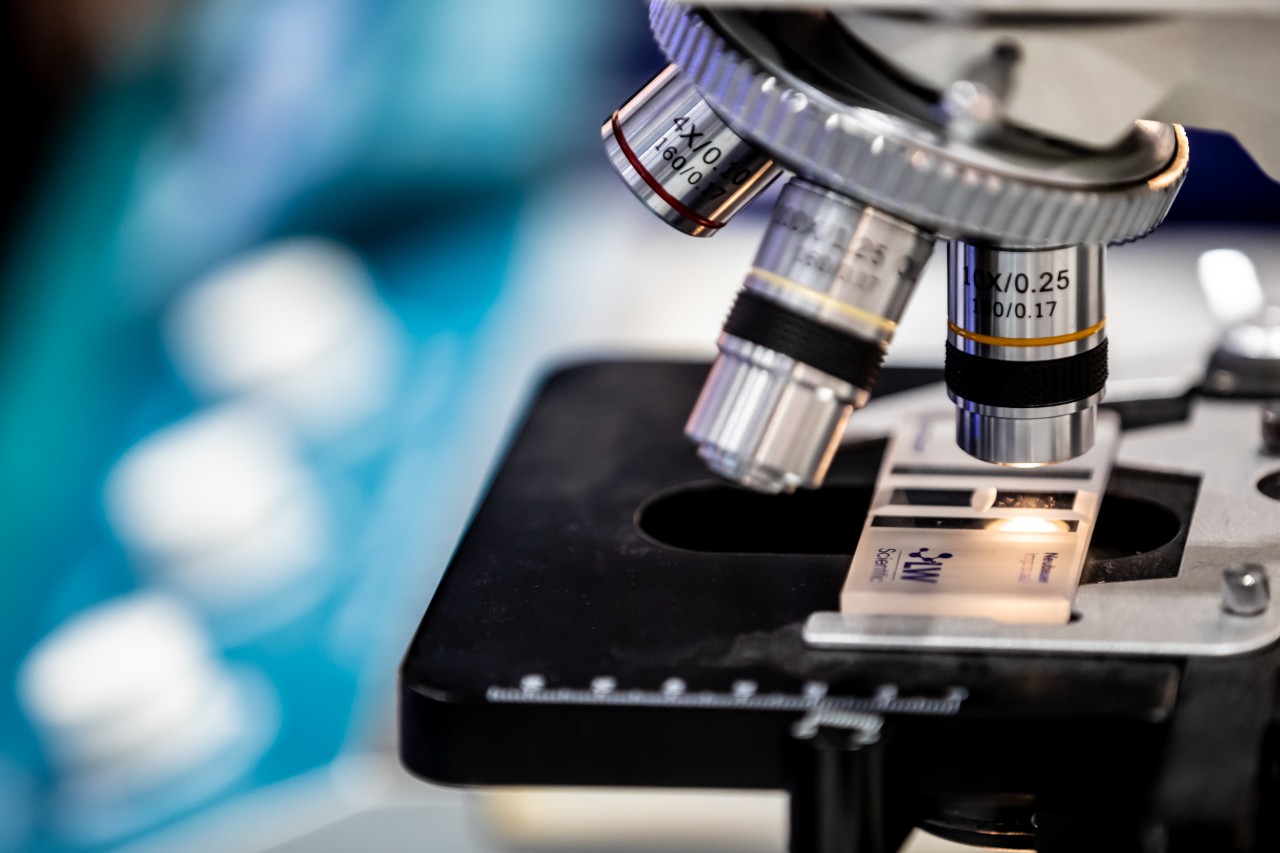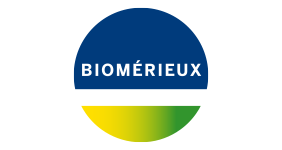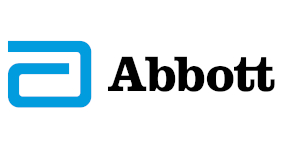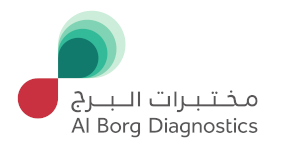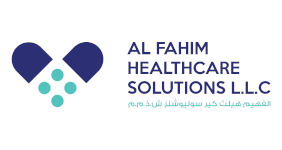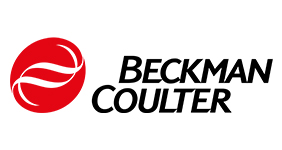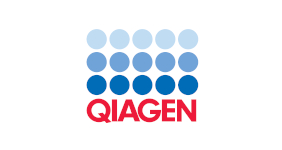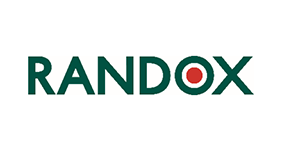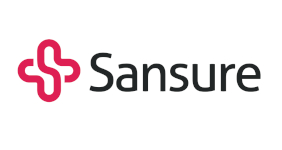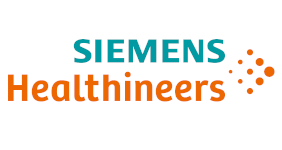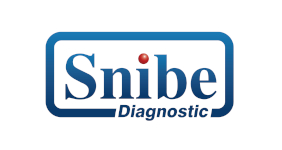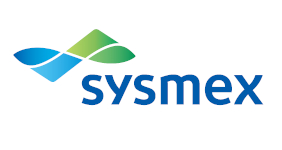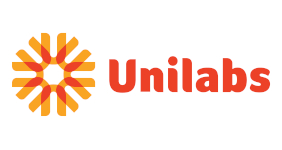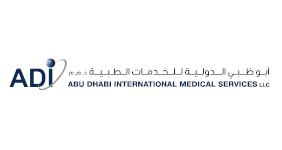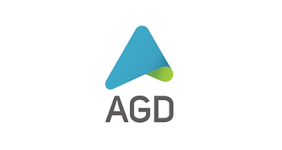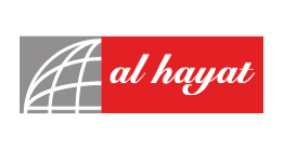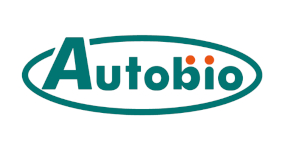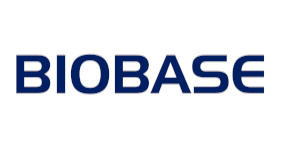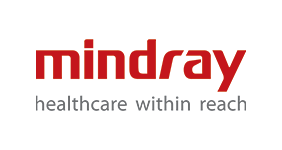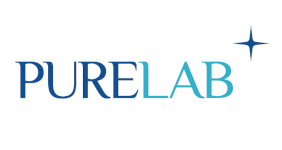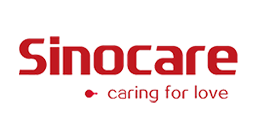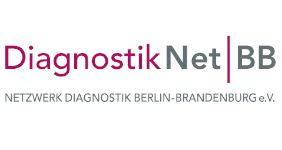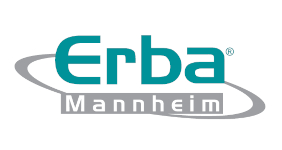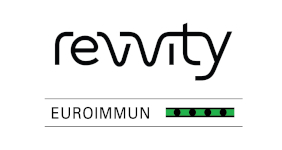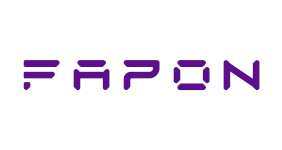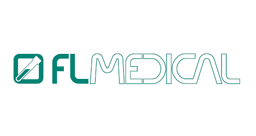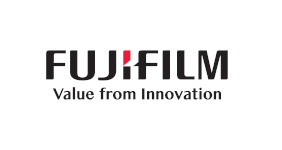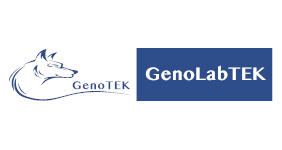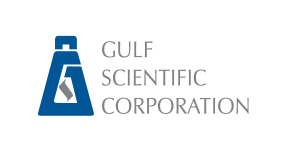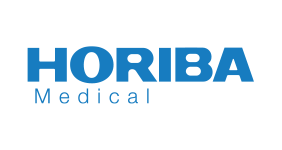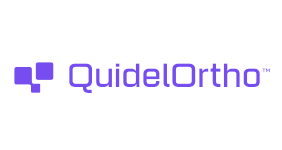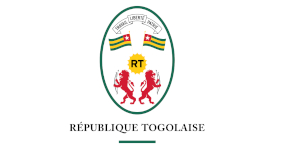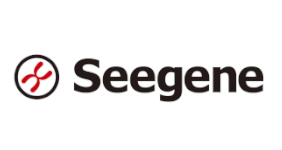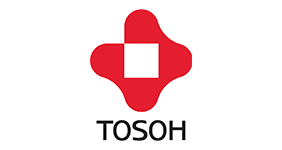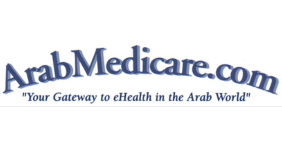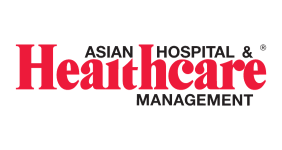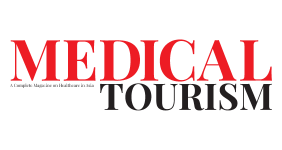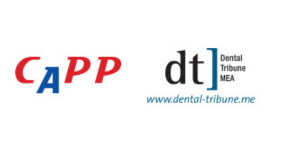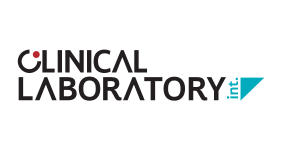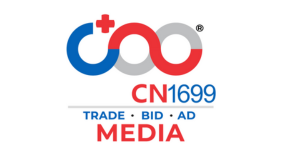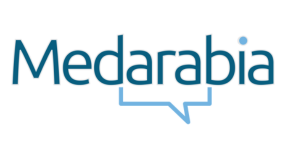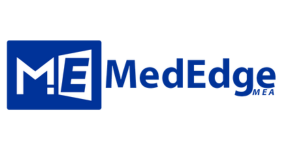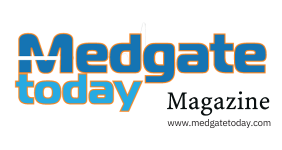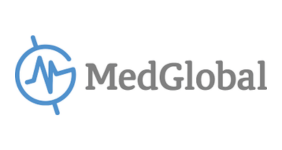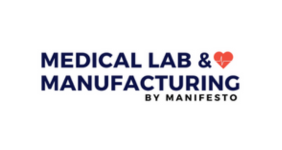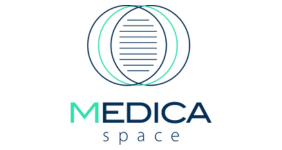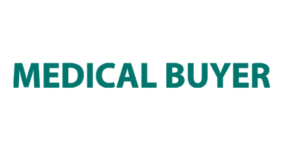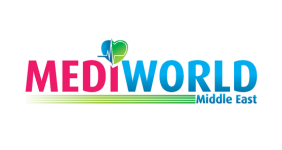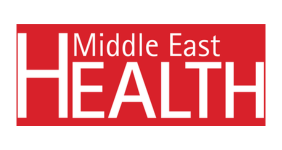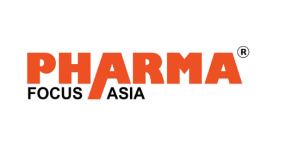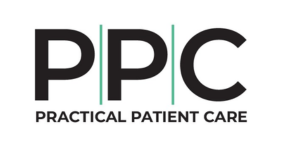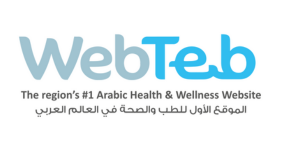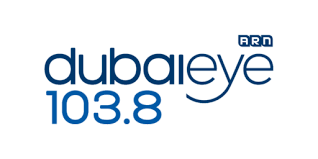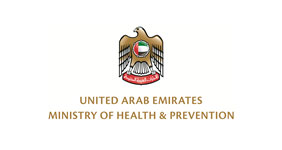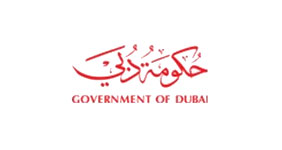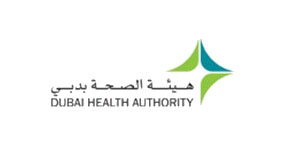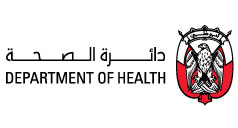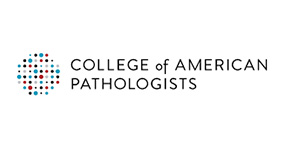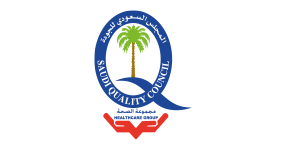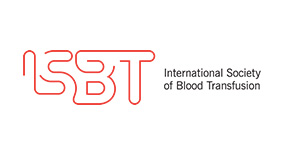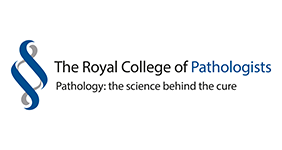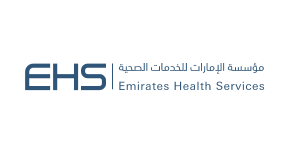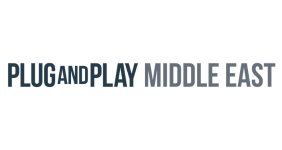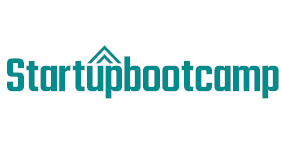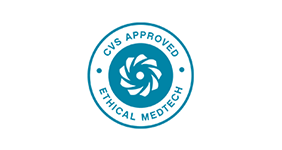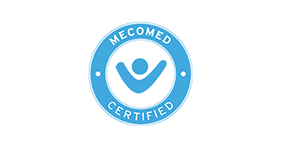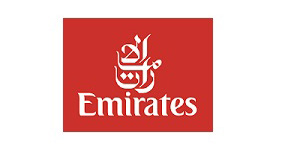UAE laboratories must adopt technology to drive automation and
collaboration, says Medlab Middle East research
- The demand for faster, more accurate, cost-effective and intuitive test kits will push laboratories in the region to increasingly adopt technology that drives higher degrees of automation and collaboration within the lab
- More than 20,000 medical laboratory trade professionals are expected to attend Medlab Middle East, where the top trends influencing the clinical laboratory market will be discussed
Medlab Middle East, the MENA region’s largest medical laboratory exhibition and congress, which returns to the Dubai World Trade
Centre from 6 – 9 February, has revealed the top trends influencing clinical laboratory markets in the UAE and globally, according to a new report published ahead of the 2023 edition of the show.
With clinical laboratories taking centre stage during COVID-19 by developing tests, collaborating with a diverse group of stakeholders, ramping up test activity, through put and efficiency, and servicing patients virtually by telehealth, a new report developed on behalf of Medlab Middle East by Frost & Sullivan titled Global clinical laboratory trends, has identified the key factors set to impact the clinical laboratory market going forward.
According to the report, personalised medicine, complex testing, RNA sequencing (RNA-Seq), the expedition of drug development and analytics through clinical trials, accelerated consumerisation, and specialised training or qualified laboratory physicians and clinical interpretation services will be the top trends in 2023 for the industry.
Tom Coleman, Exhibition Director, Informa Markets Healthcare, said: “The demand for accurate, cost-effective, rapid
testing will increase the use of advanced instrumentation and technology in labs to support high throughput testing in 2023. This instrumentation will include
state-of-the-art liquid handlers, fully or partially automated analysers, and other robotics. “These are designed to improve diagnostic testing quality and standardise lab workflows. Adopting the technology driving automation and collaboration within the lab, and with important external stakeholders, will be crucial.”
The report also outlined growth opportunities for laboratories in the region, including innovative diagnostic tests for varied therapeutic segments at lower costs to patients, including broader test menus such as advanced testing in oncology, neurology, and infectious diseases.
Other areas for growth include the expansion of digital health access with on-demand diagnostic tools and services, with laboratories capitalising on the shift toward care at home with at-home service offerings and approved, clinically valid tests with high specificity and sensitivity. Digital pathology features such as the implementation of Artificial Intelligence (AI), data science, and bioinformatics is another area for potential growth. This will make healthcare more affordable, accessible and scalable.
Rounding out the growth opportunities are patient-centric, holistic care management programs for personalised care, whereby laboratories and other diagnostic stakeholders must meet the demand for centred access to virtual care with at-home testing and hospital-at-home services.
“Following the unprecedented times witnessedthroughout 2020 and 2021, we are now seeing the laboratory industry recalibrate and look at the growth opportunities available. The diagnostic laboratorytesting market will undoubtedly continue to grow, so at Medlab Middle East, we want to ensure we are providing an opportunity for all attendees to understand how they can best capitalise,” added Coleman.
The 2023 edition of the exhibition, which will return under the theme ‘paving the way for technological advancements and sustainability in laboratory medicine’, has already confirmed over 700 exhibitors with representation from over 180 countries and will have 14 country pavilions.
The show floor will include product categories showcasing the latest technology, innovation and overview of disposables, general services, imaging, IT, laboratory, medical equipment, orthopaedic, physiotherapy, and pharma. It will include a range of seminars and workshops, allowing visitors to hear first-hand about the latest medical laboratory innovations from leading companies.
The Medlab Middle East Congress returns this year with 13 conferences, making it the largest CME-accredited multi-track medical laboratory congress globally, featuring 120 local and international speakers.
For more information, please visit www.medlabme.com.

